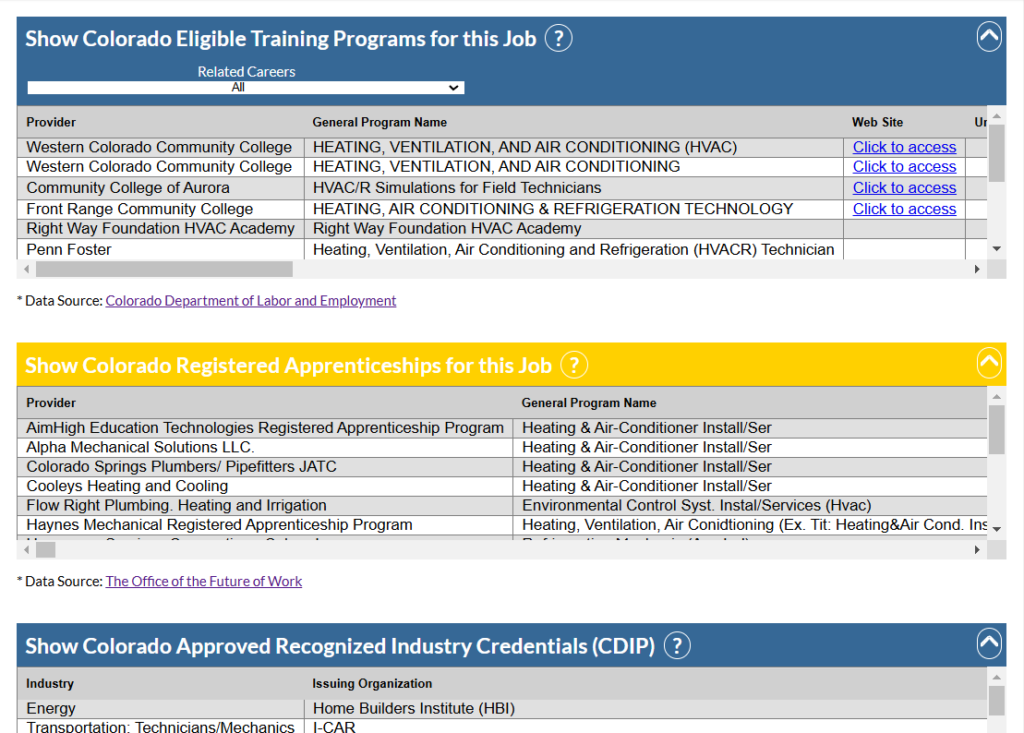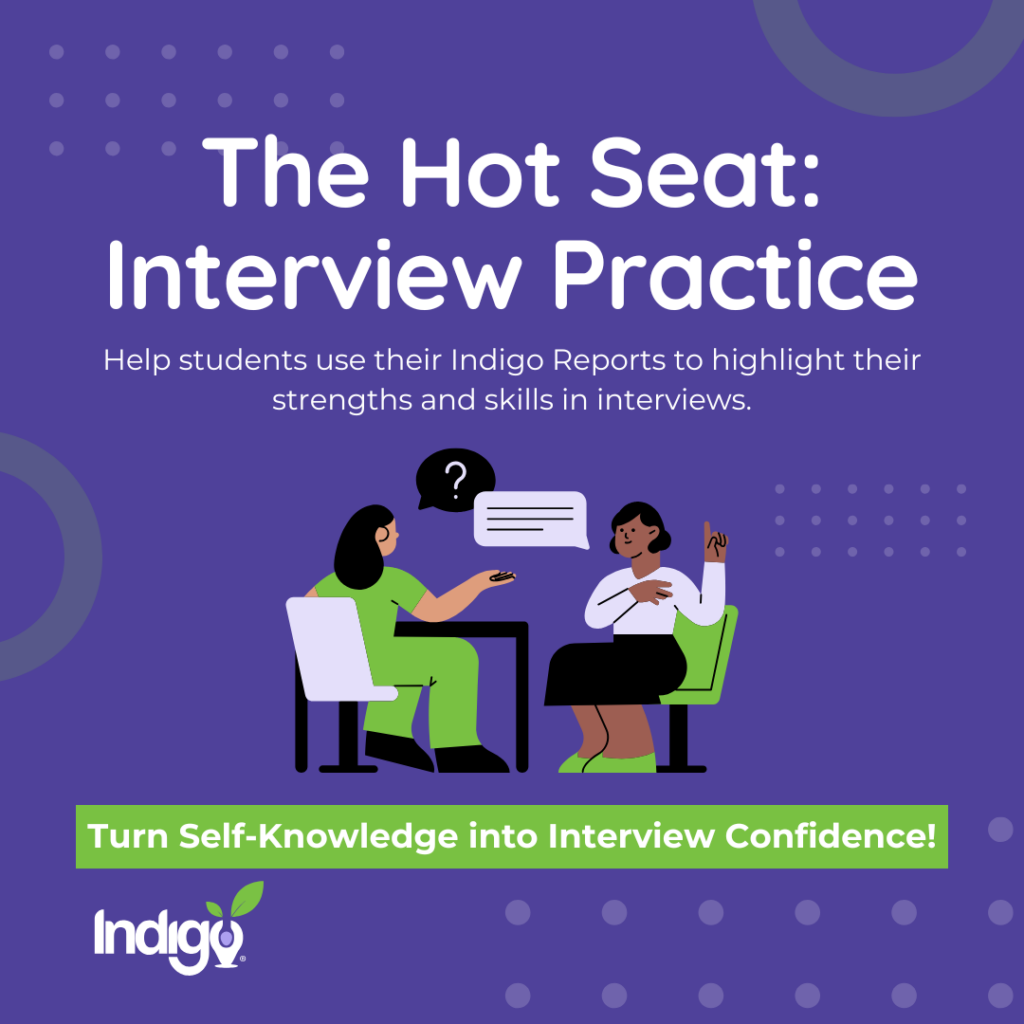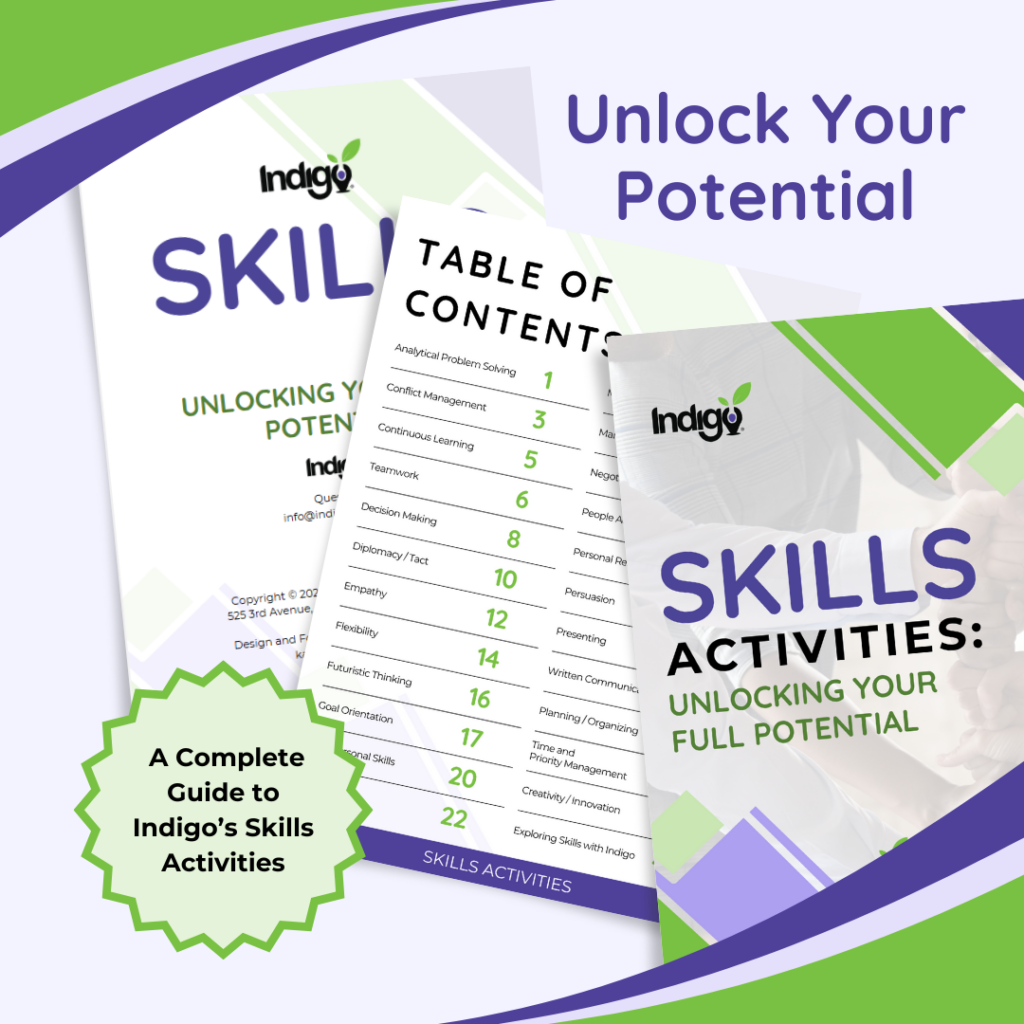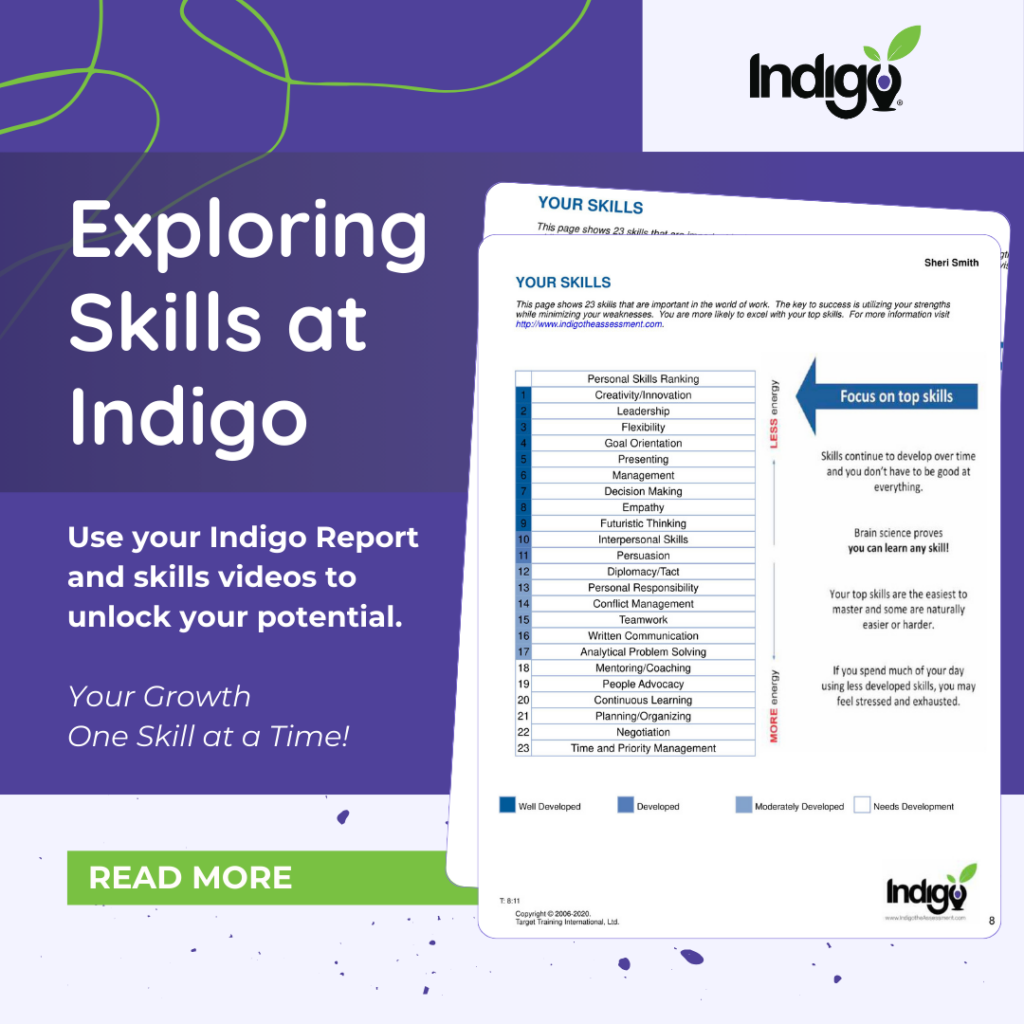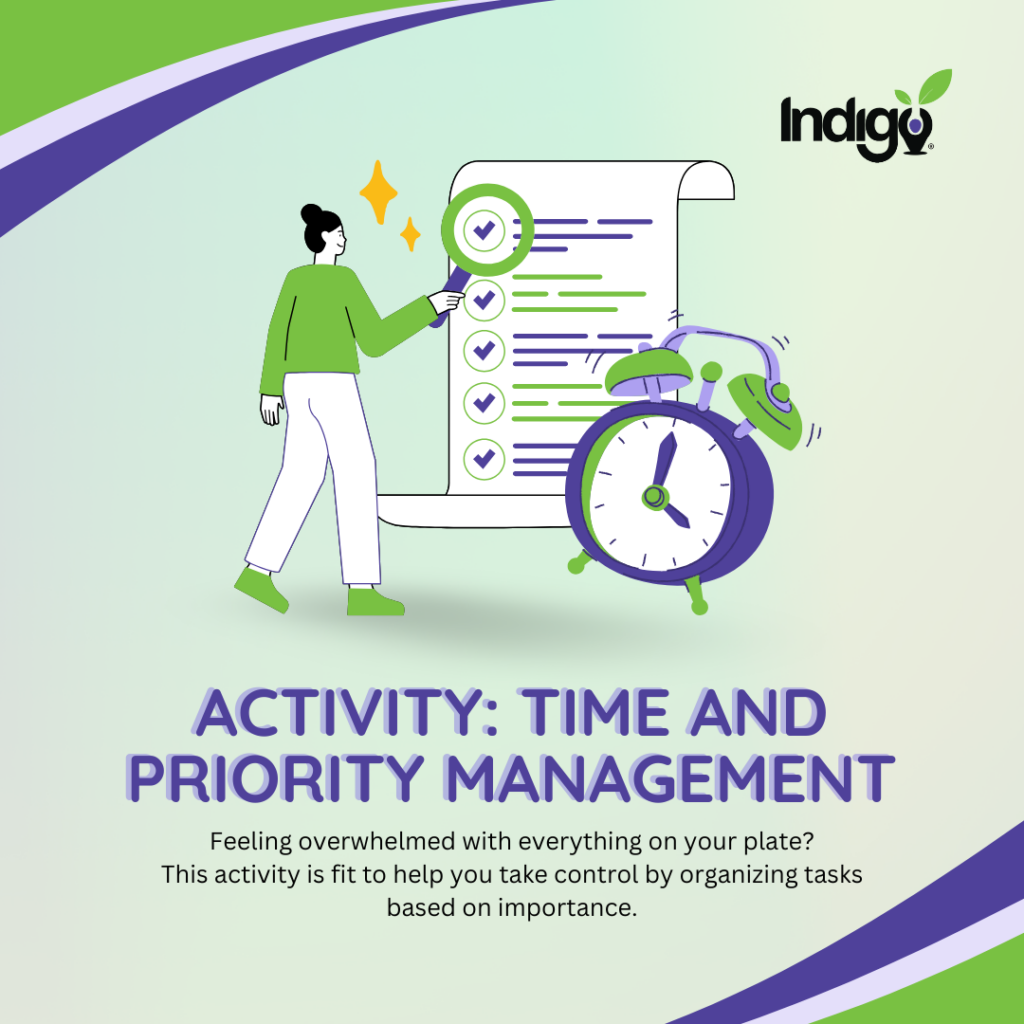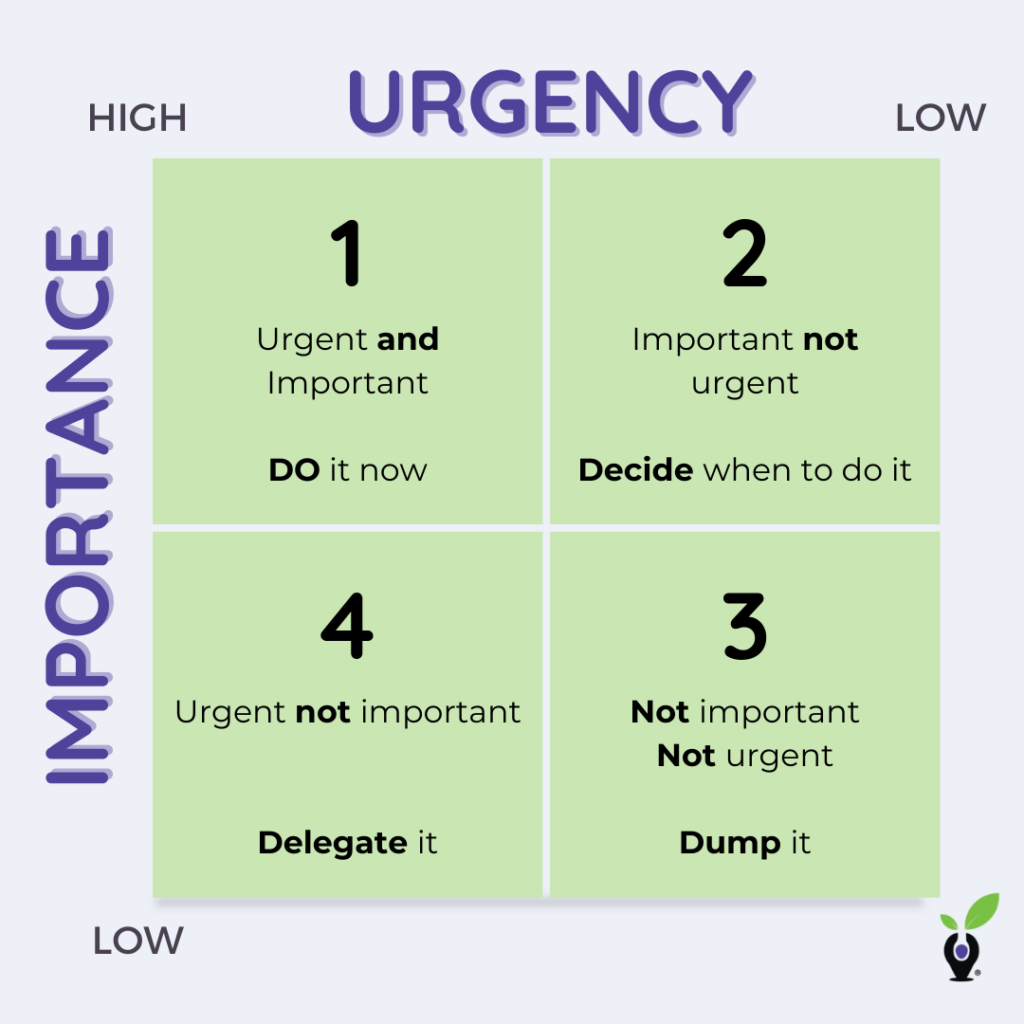Activity: Study Your Way to Success
At Indigo Education Company, we believe self-awareness is key to success. Mastering the ability to focus and study effectively is crucial in any career path, but traditional study methods don’t work the same for everyone. The key to effective studying lies in understanding your unique approach to learning.
This activity guides students in identifying study techniques that align with their DISC personality traits and Motivators, helping them develop personalized strategies that enhance engagement, retention, and efficiency.
The Goal
Rather than simply building a study habit, this exercise encourages students to uncover the methods that best support their learning style. By examining their study preferences through the lens of DISC and Motivators, they will gain valuable self-awareness and discover strategies that make studying more effective and enjoyable.
Materials:
- Indigo Reports
- Indigo Dashboard Teaming Tile (optional)
Step 1: Group Students by DISC Personality Traits
Divide students into groups of 3-4 based on their top DISC score. (Use the Teaming Tile in the Indigo Dashboard for easy group formation). In their groups, have students discuss the following questions:
- What study techniques have worked well for you in the past? Which ones haven’t?
- What kind of study environment helps you focus best?
- Can you recall a time when you had a great study session? What made it effective?
- Based on your DISC traits, what study methods might align best with your natural strengths?
Note: Grouping similar DISC styles together helps students recognize shared preferences, but differences will still exist. For example, in a High D group, one student who is also High I might prefer studying with friends through competitive quizzes, while a High D, High C student might prefer intense, independent study with structured note cards. Encourage students to explore different approaches within their groups.
Step 2: Group Students by Motivators
Rearrange students into groups based on their top Motivator (found in the Indigo Report as the blue bar graphs on the bottom left) and have them answer the questions below. The goal is to get students thinking about ways to tie things they have to do or study for into their top Motivators, and think of things they can pursue in the future that fit what drives them.
- What type of projects and assignments motivate you? Which type bore you?
- How do you stay engaged when working on something that doesn’t naturally motivate you?
- How can you apply your top 1-2 Motivators to your studying so that you are more engaged?
Step 3: Identify and Apply Personalized Study Strategies
Ask students to write down three new study tips based on what they learned from their DISC and Motivators discussions. If the tips align with both the DISC style and Motivators, even better!
Step 4: Share & Wrap-Up
- Bring all groups back together and have students share their top study tips with the class.
- Facilitate a discussion about the different methods students discovered and how they can use these insights moving forward.
Optional: Share the article below with students for general study tips. You can also share your own favorite study strategies to encourage further discussion.
Activity: Study Your Way to Success Read More »


